
Luxury Vinyl Flooring
Affordable and beautiful, luxury vinyl is a long-lasting option for your home.

Affordable and beautiful, luxury vinyl is a long-lasting option for your home.
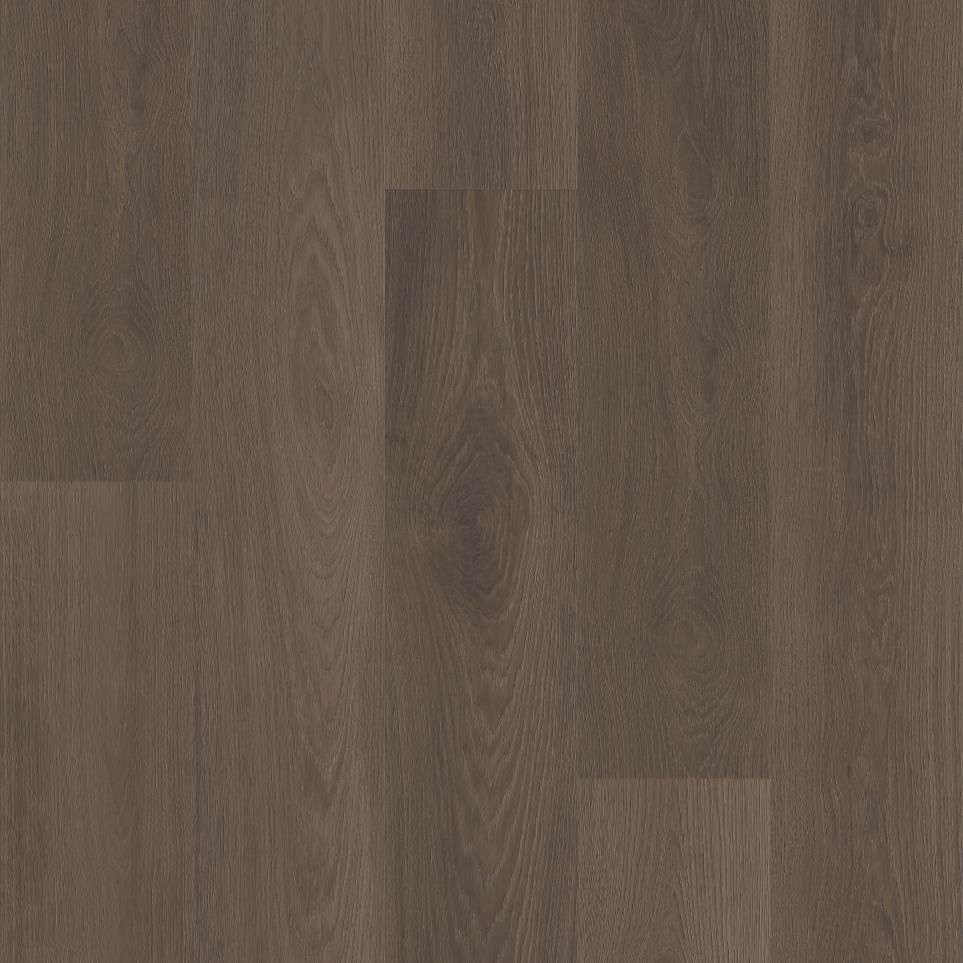
About Spirit
by Room by Room
1 Color
Durable, Easy Care, H2O, Pet-Friendly, Radiant Heat
$7.79
per square foot
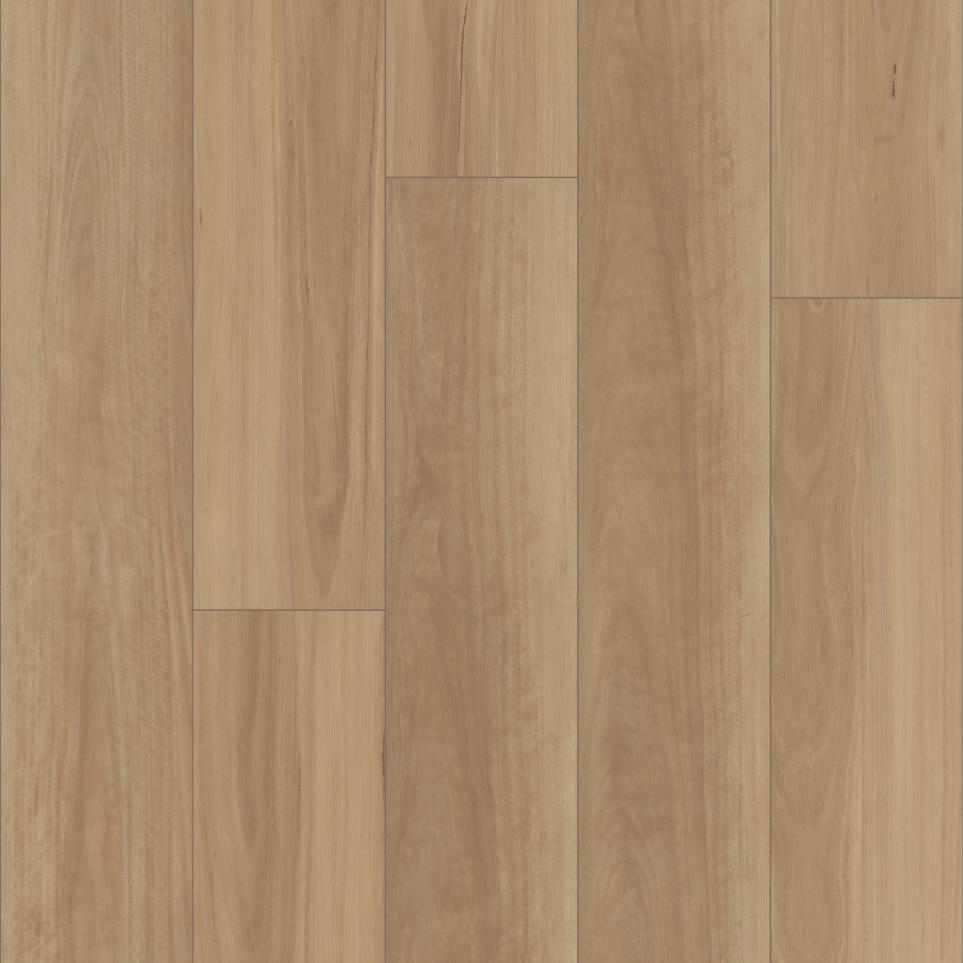
Afton Mountain
by Room by Room
10 Colors
Durable, Easy Care, H2O, Pet-Friendly, Radiant Heat
$8.53
per square foot
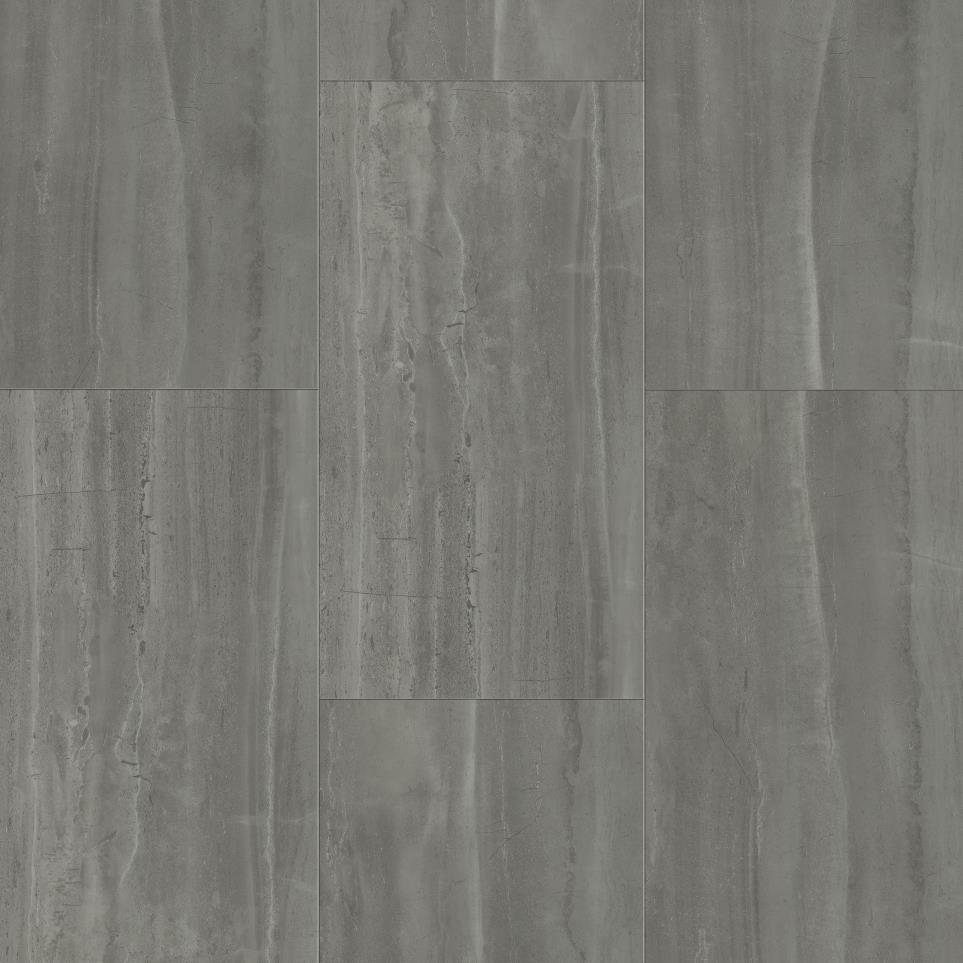
Altaze Haze
by Room by Room
5 Colors
Durable, Easy Care, H2O, Pet-Friendly, Radiant Heat
$7.34
per square foot
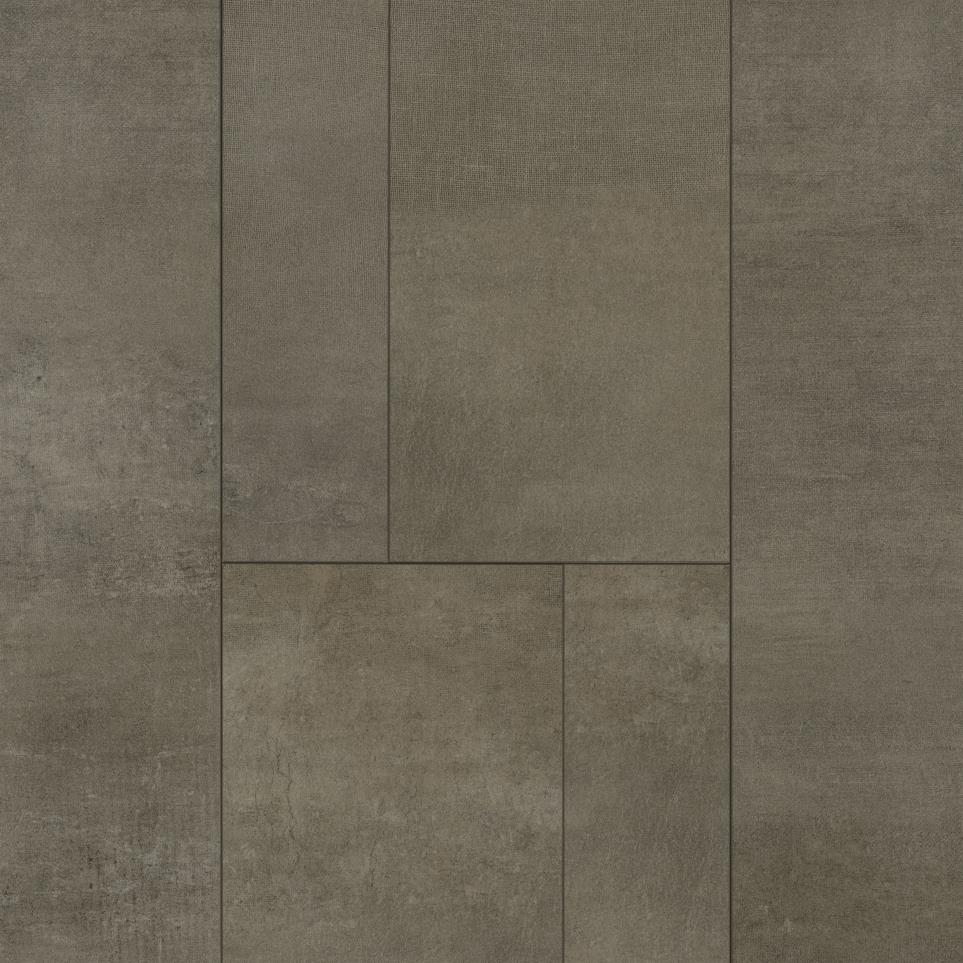
Aquinnah Cliffs Multi Width
by Room by Room
2 Colors
H2O, Pet-Friendly, Radiant Heat
$5.33
per square foot
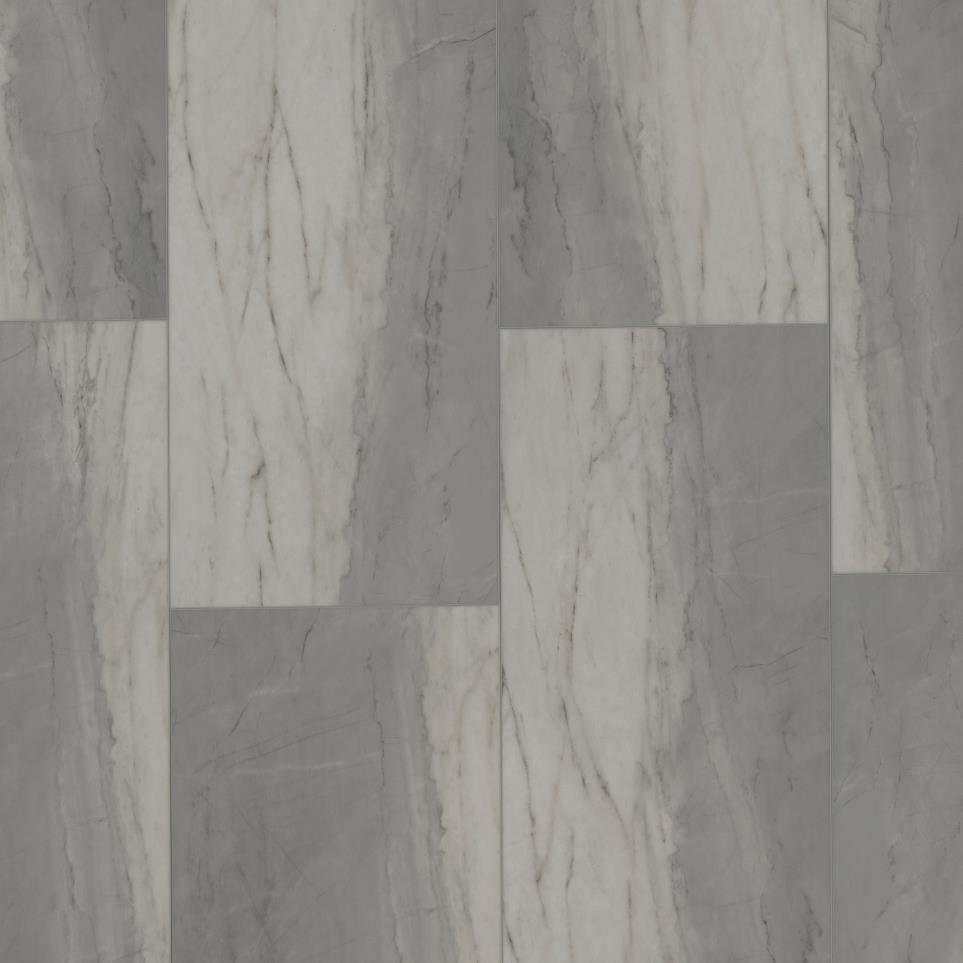
Attu Island
by Room by Room
1 Color
Durable, Easy Care, H2O, Pet-Friendly, Radiant Heat
$6.27
per square foot

Our designers share tips and top trends for every season. Discover your next home project with the help of our blog.
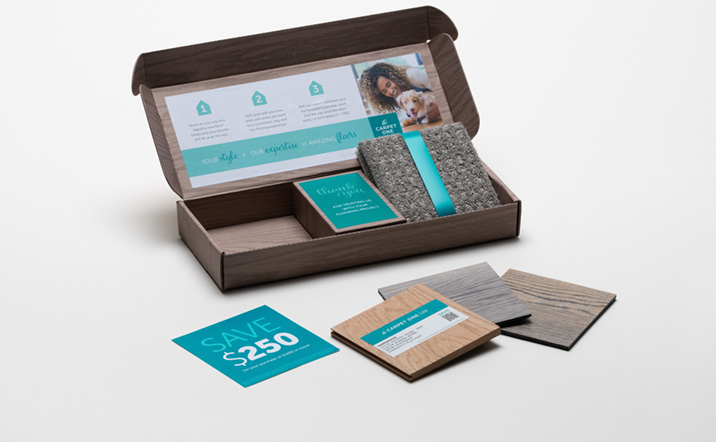
Get up to six samples delivered to your door.

Tired of deep cleaning your flooring after your kids drag their soccer cleats indoors multiple times a week? If you're looking for durable, stylish flooring options that are easy to install and maintain, look no further than to upgrade your home with luxury vinyl flooring. It's a great choice for homes with busy families and pets owners, as it's resistant to stains, scratches, and dents.
Luxury Vinyl flooring combines the elegance of natural materials with the practicality of modern innovation. Unlike real wood or tile, LVT features multiple layers that provide both style and functionality.
Luxury Vinyl flooring is made up of multiple layers, including a core layer, a design layer, a film layer, and a wear layer. There are multiple layers packed into vinyl flooring. The core layer is known as the design layer, and it makes up most of the floor, sometimes including a backing layer. Next is the film layer, the film layer adds strength and durability, and the wear layer protects the flooring from damage.
Luxury Vinyl flooring is available in planks (LVP), tiles (LVT), and sheets, and it's known for its durability, affordability, and easy installation.
Now that you’ve decided that vinyl might be the perfect flooring for you, how do you decide which product to choose? There are four types of vinyl flooring to consider, and each one has its unique set of benefits and drawbacks.
1. Luxury Vinyl Plank Flooring (LVP)
Are you looking for an economical alternative to genuine hardwood floors? Vinyl plank floors are the perfect solution, as they can resemble a variety of wood species, textures, and colors. But, unlike solid wood, luxury vinyl flooring is stain resistant, water resistant, and easy to maintain. Plus, it's also thicker and more rigid than other types, like vinyl sheets.
2. Vinyl Tile
Are you looking for a mosaic tile flooring in the bathroom but need to stick to a strict budget? Vinyl tile floors consist of individual squares that are available in several sizes. With peel-and-stick flooring installation, vinyl tiles can be arranged in distinct patterns and in a short amount of time. It's also easy to replace individual tiles if one gets damaged after installation.
3. Vinyl Sheet
As the name implies, vinyl sheet flooring comes in rolled sheets ranging from 6 to 12 feet wide. It's perfect for your kitchen and bathrooms where it's common to have spills or dripping water. Why, you may ask? Laying vinyl in sheets minimizes the number of seams, which means less opportunity for moisture to get through.
Like other types of vinyl, sheets come in styles that mimic stone, tile, and hardwood. If you have pets, consider inlaid vinyl for a thicker and more durable vinyl sheet option that does a good job of hiding most scratches.
4. Luxury Vinyl Tile (LVT)
Luxury vinyl tile, also known as luxury vinyl plank if in plank form, provides the look of high-end stone and hardwood at an affordable price. Luxury vinyl flooring includes a thicker and more durable protective wear layer that seals the other layers together and makes it water resistant and scratch resistant. In some cases, vinyl tile floors can even be waterproof, so no more worrying about that leaky bathroom sink damaging your floors! Perfect for kitchens, bathrooms, and entryways
Vinyl plank (LVP) floors closely resemble real wood and natural stones like slate or marble thanks to the film layer, which provides realistic textures and colors in photographic form. Like wood flooring, vinyl plank finishes range from light to dark, with grey and medium in between. They're the perfect addition to home design, whether you've got a modern farmhouse remodel, a breezy open loft, or a '50s rambler with midcentury style.
Though all types and styles of vinyl flooring are highly durable, a thicker wear layer may be warranted in active houses with high-traffic areas, especially if it's filled with rambunctious children or a slew of furry friends. Traditional wear layers feature vinyl no wax, which offers some scuff and stain resistance, but wear layers with urethane can better withstand toy car drag races and your pet's late-night zoomies.
Purchasing vinyl means you won’t have to worry about flooring for several years, so you can take it easy and enjoy it. The following factors help ensure you get the most longevity from new investment:
Once you've found the perfect luxury vinyl, make sure to ask about warranty protection for added peace of mind.
Though vinyl flooring is a fairly easy install, it’s always best to stick to a professional installer so you don’t damage your floors or put them out of warranty. The installation method the experts use will depend on the type of vinyl you choose and the current situation in your home. Thankfully, all types of vinyl can be installed over practically any subfloor including concrete, wood, tile, or vinyl.
As you consider all the options before you, keep in mind what needs matter most to your family, along with the look and feel you're after. Vinyl floors offer a lot of benefits, starting with:
Vinyl has a few disadvantages, which include:
You can install vinyl in practically any room of your house, since all vinyl types work well in nearly every room, including your pesky moisture-prone areas like kitchens and bathrooms, and basements.
Since vinyl is made of synthetics, it may give off volatile organic compounds, called VOCs, so it’s not considered an environmentally friendly flooring option. Vinyl can also be difficult to remove, especially if glued down during installation.
Affordability, durability, and the vast range of design options are among the top reasons why vinyl is a popular flooring option. Other pros include water resistance and the padded comfort it adds underfoot, making those early mornings a little easier on your feet.
The downside of vinyl plank floors is that they might not add much home value compared to other flooring options like hardwood or carpet.
When comparing vinyl and laminate, they're virtually tied. If you’re looking for durable, attractive, DIY-friendly flooring options for your home, both categories offer wonderful options. Today’s modern technology allows both categories to provide protection from everyday spills and messes. It also helps that vinyl and laminate are also easy to clean and care for in the home.
If you’re asking if vinyl is better than laminate, the answer is no. Feel free to pick your category by design, style, and application needed for your project.
What you put under your vinyl flooring depends on a few factors, including the type of vinyl you choose, the method of flooring installation, and your subfloor material. There are several common underlayments, such as foam, plywood, cork, felt, and particleboard. Refer to the manufacturer's instructions for the vinyl flooring you choose to determine the recommended underlayment.
If you're looking for a durable, affordable, and easy-to-maintain flooring solution, Luxury Vinyl Flooring is a great option to consider.
Ready to experience the texture & quality of vinyl in person? Explore diverse flooring options and engage with our experts for personalized assistance. Get in touch with a Carpet One store near you today!
Thank you for contacting Carpet One Floor & Home. Your local flooring expert will reach out to you regarding your inquiry.